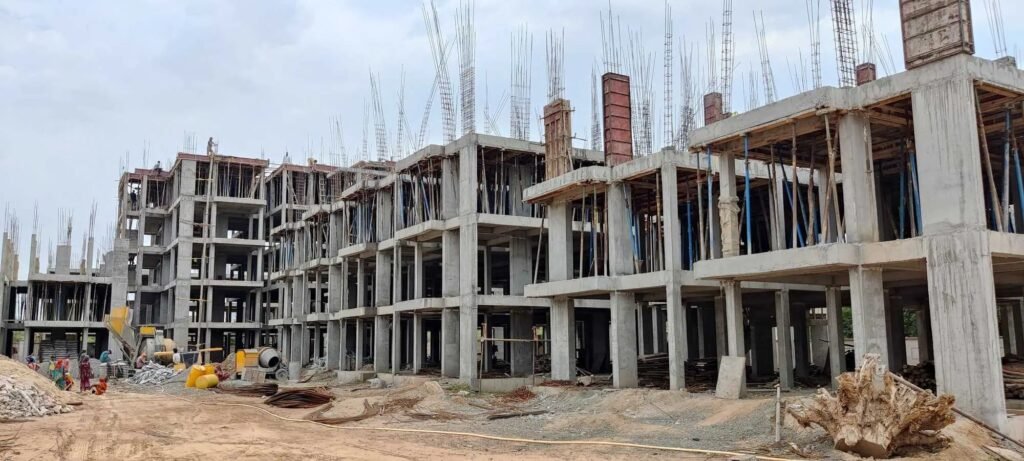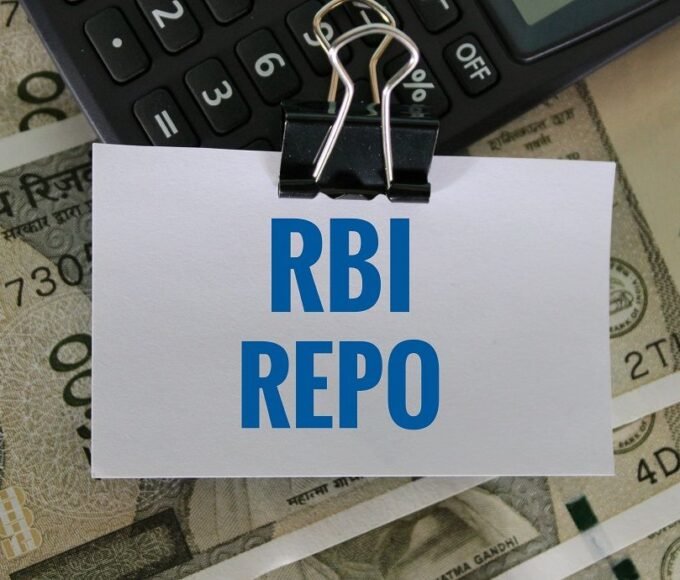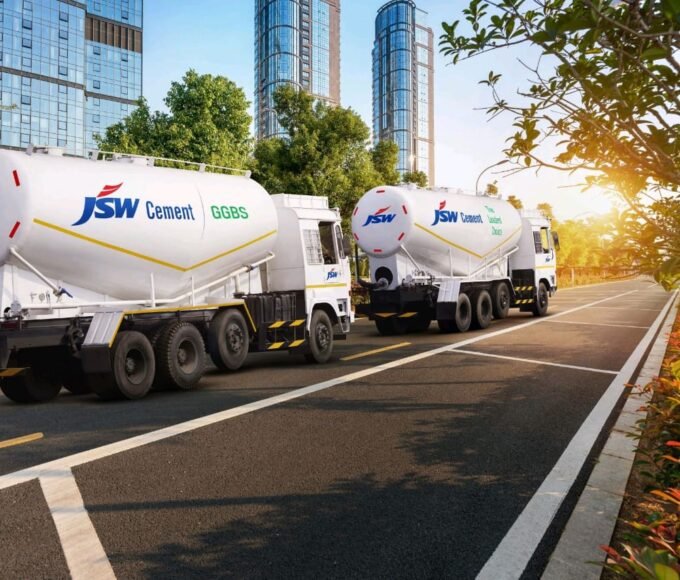Recent Posts
GST 2.0: Affordable Housing Gains Momentum, But Key Challenges Remain

The recently introduced GST 2.0 reforms are being hailed as a significant development for India’s construction and housing sector. Industry experts believe that the continuation of the concessional 1% GST rate for affordable housing, along with reduced input costs, will provide a strong push to affordable and mid-income housing segments. This is especially relevant for tier-2 and tier-3 cities, where demand for housing remains robust and many projects had stalled due to thin margins.
With housing acting as a catalyst for job creation, the reforms are expected to contribute meaningfully towards India’s target of generating 100 million jobs by 2030. Affordable housing projects, in particular, could emerge as a major driver of both employment and economic growth, giving the sector the much-needed momentum to recover from prolonged structural hurdles.
However, the path to success is not without challenges. Experts caution that the actual pace of benefits will depend on how quickly the supply chain adjusts its pricing structure. While manufacturers may adapt faster, the fragmented nature of the supply network could delay the full benefits reaching developers and end consumers. Rising labour costs further add to the pressure, offsetting some of the material cost advantages brought by GST reforms.
Transparency also remains a concern. Unless competitive pressures ensure that cost benefits are passed on, there is a risk that gains may be absorbed by higher margins rather than reducing project costs for buyers. For the commercial construction sector, the standard 18% GST rate brings clarity, but projects that earlier enjoyed 12% face cost escalations, requiring developers to rethink procurement strategies.
For these reforms to succeed, experts stress the importance of effective ground-level implementation. Developers must adapt by revising contracts, renegotiating supply agreements, and ensuring tax clauses are integrated into future deals. If executed well, GST 2.0 could transform India’s construction sector into a more transparent, efficient, and consumer-friendly industry.
- 1% GST affordable housing
- affordable homes GST 2.0
- Affordable Housing India
- Build Watch News
- commercial construction GST rate
- construction challenges India
- construction industry India
- economic growth housing
- government housing policy
- GST 2.0
- GST impact real estate
- GST reforms construction
- housing demand India
- Housing Sector Growth
- India Construction News
- Infrastructure Projects India
- job creation housing sector
- labour cost inflation India
- Mid-Income Housing
- project launches GST reforms
- Real Estate Reforms 2025
- supply chain construction
- tier-2 cities housing
- tier-3 cities real estate
- transparency in housing sector
Recent Posts
Categories
- Acquisition1
- Airport16
- AP103
- Apartments126
- Bengaluru217
- Budget 202521
- Cement165
- Chennai438
- Construction909
- Construction Material Price Updates1
- Corporation4
- CREDAI61
- Editors Pick42
- Equipment45
- Events11
- Export24
- GST17
- Highways118
- Hotel16
- Housing207
- Hyderabad94
- import26
- India122
- Industrial387
- Infrastructure616
- Interiors28
- Iron Ore59
- Karnataka92
- Kerala56
- Labour1
- Land150
- Logistics40
- Market Updates404
- Metal100
- Metro109
- Mining77
- MSME21
- News1,877
- NHAI96
- Office Space2
- Paints39
- Port1
- Power Shutdown1
- Properties112
- Puducherry12
- Railways8
- Real Estate762
- Road222
- Sand38
- Short News117
- SIPCOT14
- Steel Daily429
- Stocks37
- Tamil Nadu458
- Technology81
- Telangana96
- TIDCO9
- Trade52
- Trending News1,111
- Video2
- warehouse42
Related Articles
Modulus Housing Secures ₹70 Crore Funding to Accelerate Market Expansion and Technology Innovation
IIT Madras-incubated Modulus Housing has secured about ₹70 crore in Series A...
BySamrita JosephDecember 6, 2025JPMorgan Expands Its India GCC Presence with Major Office Lease in Hyderabad
JPMorgan Chase has strengthened its India footprint by leasing 1.76 lakh sq...
BySamrita JosephDecember 6, 2025RBI Rate Cut Brings Timely Relief and Boosts Confidence Across India’s Housing Market
The RBI’s rate cut has lifted market sentiment and improved affordability for...
BySamrita JosephDecember 6, 2025JSW Cement Unveils ₹11000 Crore Expansion Plan to Boost Production Capacity to 41 Million Tonnes
JSW Cement has announced a major ₹11000 crore expansion plan to increase...
BySamrita JosephDecember 6, 2025















Leave a comment